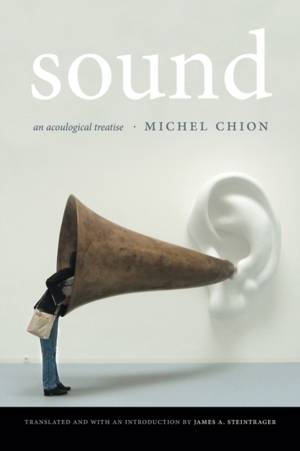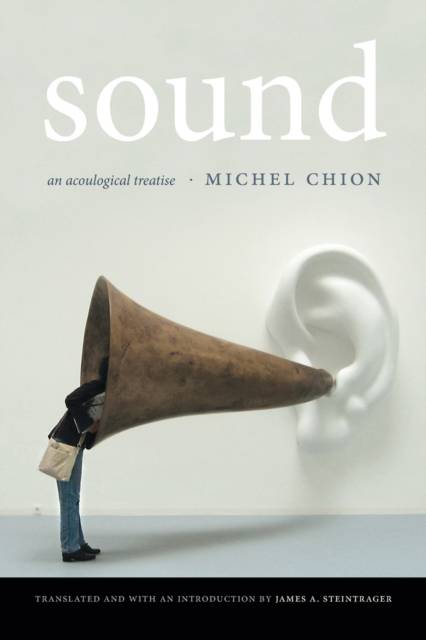
- Afhalen na 1 uur in een winkel met voorraad
- Gratis thuislevering in België vanaf € 30
- Ruim aanbod met 7 miljoen producten
- Afhalen na 1 uur in een winkel met voorraad
- Gratis thuislevering in België vanaf € 30
- Ruim aanbod met 7 miljoen producten
Zoeken
Omschrijving
First published in French in 1998, revised in 2010, and appearing here in English for the first time, Michel Chion's Sound addresses the philosophical, interpretive, and practical questions that inform our encounters with sound. Chion considers how cultural institutions privilege some sounds above others and how spurious distinctions between noise and sound guide the ways we hear and value certain sounds. He critiques the tenacious tendency to understand sounds in relation to their sources and advocates "acousmatic" listening--listening without visual access to a sound's cause--to disentangle ourselves from auditory habits and prejudices. Yet sound can no more be reduced to mere perceptual phenomena than encapsulated in the sciences of acoustics and physiology. As Chion reminds us and explores in depth, a wide range of linguistic, sensory, cultural, institutional, and media- and technologically-specific factors interact with and shape sonic experiences. Interrogating these interactions, Chion stimulates us to think about how we might open our ears to new sounds, become more nuanced and informed listeners, and more fully understand the links between how we hear and what we do.
Specificaties
Betrokkenen
- Auteur(s):
- Vertaler(s):
- Uitgeverij:
Inhoud
- Aantal bladzijden:
- 312
- Taal:
- Engels
Eigenschappen
- Productcode (EAN):
- 9780822360391
- Verschijningsdatum:
- 15/01/2016
- Uitvoering:
- Paperback
- Formaat:
- Trade paperback (VS)
- Afmetingen:
- 152 mm x 226 mm
- Gewicht:
- 408 g

Alleen bij Standaard Boekhandel
+ 112 punten op je klantenkaart van Standaard Boekhandel
Beoordelingen
We publiceren alleen reviews die voldoen aan de voorwaarden voor reviews. Bekijk onze voorwaarden voor reviews.











